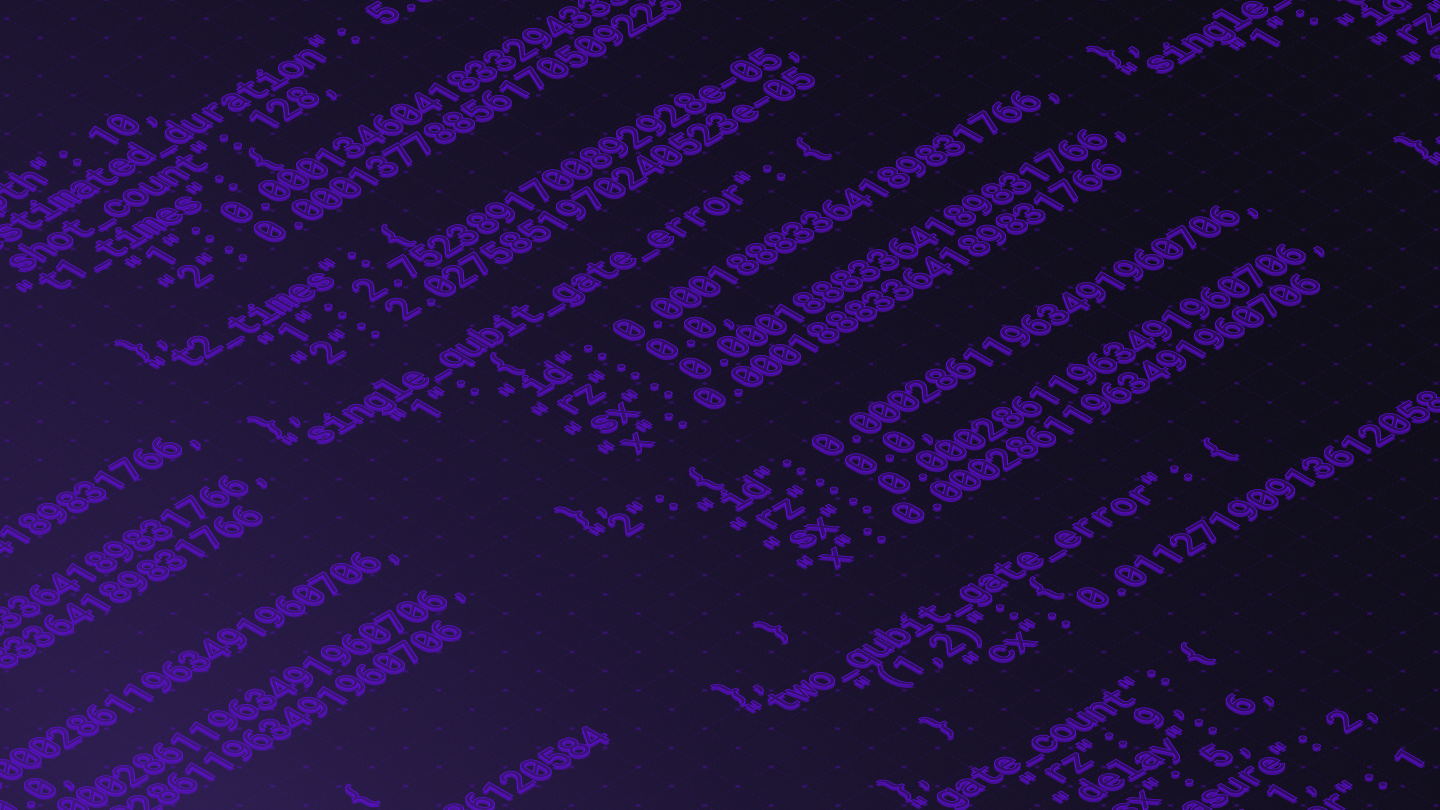Enhancing usability and performance with Fire Opal’s latest features

At Q-CTRL, we are dedicated to empowering users with tools that make quantum computing accessible, efficient, and impactful. Fire Opal is the highest performance and most efficient software to reduce errors on quantum computers, delivering >1,000X performance enhancement on real algorithms with zero additional sampling overhead.
But delivering the top performance isn’t enough—we are also committed to minimizing development friction and maximizing execution speed so you can make progress faster.
Our approach is to continually improve our error-suppression pipeline while ensuring that you don’t need to worry about the rapidly changing interfaces for hardware execution. With Fire Opal, we take advantage of all the latest and greatest features that hardware providers offer and manage it all behind the scenes so you get the benefits without the headache.
To kick off 2025, we’re excited to release powerful new features in Fire Opal that realize this commitment. Inspired by user feedback, these updates simplify job management, enhance performance, and enable you to run your quantum workloads with greater precision and ease.
Track and manage quantum jobs with ease
Fire Opal provides a convenient interface to run algorithms on real hardware at peak performance. Behind the scenes, Fire Opal submits and manages jobs on third party hardware platforms. Tracking jobs across these platforms can become complex, particularly when running numerous, repeated workloads.
With our latest updates, job tracking and management are now seamless, so you can focus on achieving results.
- Provider Job ID Mapping: Fire Opal now includes hardware provider job IDs directly in the results dictionary under the key
provider_job_id. This improvement simplifies tracking by allowing you to easily map Fire Opal jobs to the hardware executions they initiate. - Custom tagging for better management: For better organization, you can now add custom tags to your jobs, provided your hardware provider supports tagging. By passing a dictionary of hardware provider-specific run options, you can categorize and manage workloads efficiently, making it easier to revisit job metadata such as runtime usage.


Streamline and customize multi-job workflows
Efficiency is critical in quantum workloads, especially for applications like variational quantum algorithms and batch processing. These scenarios often involve dozens or hundreds of jobs, where preprocessing time can add up quickly.
Fire Opal is built to ensure you get the best results with minimal overhead. Alternative error reduction approaches, such as error mitigation, incur massive sampling overhead that translates to runtime usage. Fire Opal minimizes execution time to minutes, not only by implementing overhead-free error suppression but also by leveraging tools provided by hardware provider platforms.
Hardware platforms, like IBM Quantum, offer job execution modes that allow you to submit subsequent jobs while maintaining your position in the device queue. Given the high demand for quantum computing resources and long queues, optimizing queue time can improve your experiment velocity from weeks to days. Recent updates to the Fire Opal iterate function enable you to better take advantage of job execution modes by reducing compilation time and allowing you to input your own provider session ID.
- Efficient compilation: Recognizing the need for speed, we’ve optimized the iterate function in Fire Opal to reduce compilation times significantly. Fire Opal now intelligently minimizes compilation steps when submitting multiple jobs with the same circuit in a short window. This is often applicable when using parameterized quantum circuits, where you continuously tune the parameters of the same circuit.
- Bring-your-own-session: If you want to customize your workflow, you can now input a session ID as a run option, which enables you to save your place in the device queue and string multiple jobs together. If you don't want to manage a session, the `iterate` function automatically creates and uses one for you. If you already have a session open, it will automatically submit new jobs under that session.

By optimizing compilation and session management, Fire Opal reduces queueing and waiting time, enabling faster results and greater workflow efficiency.
Simplify quantum development with Fire Opal
These enhancements provide improved transparency, usability, and performance for Fire Opal users. Whether you’re tracking complex job executions or refining iterative workloads, these new features save time, reduce complexity, and enhance the overall experience of working with quantum hardware.
At Q-CTRL, we are continuously refining our tools based on your feedback to ensure Fire Opal remains a cornerstone of efficient and effective quantum development.
Ready to experience the new capabilities of Fire Opal?
Sign up for free to run algorithms with automated error suppression and see how Fire Opal enables you to scale to larger and more complex applications. As always, we’re here to support you—share your feedback and let us know how we can continue to enhance your experience.



